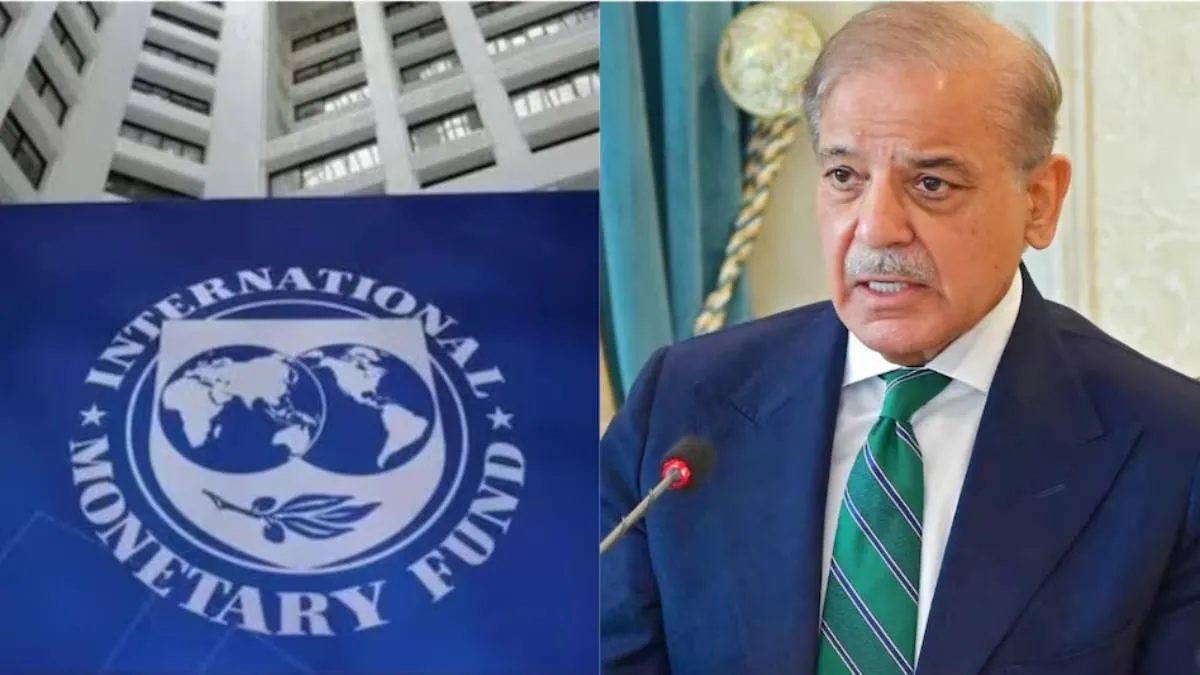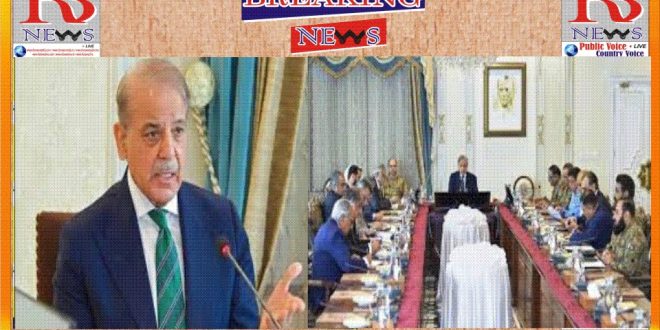The Indian Army gave such a reply to Pakistan’s terrorist attacks that it will be remembered for generations. Recently, the weapons of the Indian Army rained death on Pakistani terrorists and army bases. However, now this war that started between India and Pakistan has taken a new turn and both the countries announced ceasefire on Saturday evening. Now the armies of both the countries will not attack anyone. In this attack by India, the terrorists in Pakistan have been wiped out. Along with this, the already gasping economy of Pakistan has also started to bite the dust. Pakistan, which is on the verge of poverty, ruin and destruction, is once again in the news for a loan of 1 billion dollars. Along with this, the International Monetary Fund is also facing criticism for sanctioning a loan to Pakistan in the midst of this war.
IMF is being severely criticized
The International Monetary Fund (IMF) is facing severe criticism for sanctioning a loan of 1 billion dollars to Pakistan amidst the deadly terrorist attack in Pahalgam, Kashmir and the growing hostility between India and Pakistan. The amount approved on Friday under the Extended Fund Facility (EFF) brings the total disbursement under the programme to $2.1 billion. The IMF also approved $1.4 billion under the Resilience and Stability Facility (RSF), which is explicitly aimed at helping Pakistan deal with climate-related vulnerabilities. But the timing of the announcement has sparked sharp reactions, not just from Indian officials and strategic experts but also from those in the region and beyond who say the move could undermine efforts to ease tensions. Significantly, India abstained from voting at the IMF Executive Board meeting, signalling its opposition within the limits of IMF protocols. Unlike the United Nations where countries can vote ‘no’, IMF board members can only vote in favour or abstain – there is no mechanism for formal disapproval.

India had kept distance
By choosing to abstain, India signalled strong disagreement and used the opportunity to issue a formal objection. In a statement after the vote, the finance ministry said the fund’s processes lacked ethical safeguards, warning that functions that come from multilateral institutions like the IMF could be diverted to fund military or terrorist activities. The ministry further said these concerns were ‘shared by many member countries’ indicating widespread uneasiness within the global community.
Criticism of the IMF
Indian diplomats and foreign policy figures argue that the loan approval sends the wrong signals at a crucial time. Former foreign secretary Kanwal Sibal called the decision a ‘terrible approach’, and said the IMF’s governance is tilted in favour of Western powers and lacks accountability. Noted election analyst Yashwant Deshmukh further said the IMF has ‘blood on its hands.’ Similarly, Sushant Sareen of the Observer Research Foundation said the fund is ‘strengthening’ Pakistan’s military establishment, rather than reducing its influence or encouraging reform. India has long argued that IMF support to Pakistan is routinely abused. Over the past 35 years, Pakistan has entered into 28 IMF programmes, including four in the past five years, with little to show in the way of structural reform or lasting economic stability. Jammu and Kashmir Chief Minister Omar Abdullah also questioned the global community’s logic, asking how tensions could be expected to ease when the IMF was ‘essentially reimbursing Pakistan’ for attacks on Indian cities.
What will happen to the Indus Water Treaty after the Indo-Pak ceasefire? Source from the Ministry of External Affairs gave information
Regarding the Indus Water Treaty after the ceasefire, a source from the Ministry of External Affairs said that the Indus Water Treaty will remain suspended even after the ceasefire. This is not a pre or post condition. This call was made by Pakistan. The Indus Waters Treaty was signed between India and Pakistan. It was broken after the Pahalgam terrorist attack and India closed the dam of the Indus River. Due to which water stopped flowing to Pakistan. Now after the ceasefire, India wants to keep this water treaty closed. No agreement has been reached on this yet.
What is the Indus Water Treaty
The Indus Water Treaty is an important international agreement. Which was made regarding the sharing of Indus water. This treaty was implemented between the two countries in Karachi on 19 September 1960. Both countries signed this treaty. This treaty was mediated by the World Bank. Under this treaty, mainly the Indus, Jhelum, and Chenab rivers were divided. As a result, about 80% of the total water of the Indus river system went to Pakistan and 20% to India. The use of water and water storage of these three rivers was mainly given to Pakistan. India can use the water of these rivers for purposes such as irrigation, hydropower, navigation, but permission to stop or divert water is limited. Under this treaty, the right over the eastern rivers Sutlej, Beas, and Ravi was given to India. Pakistan has no right over the water of these rivers.
A commission was also formed for this
A commission was also formed to maintain this treaty. Which is called Permanent Indus Commission. This commission discusses and finds solutions to water related issues between the two countries. This commission regularly holds meetings and shares data regarding the Indus Water Treaty.
 RB News World Latest News
RB News World Latest News





